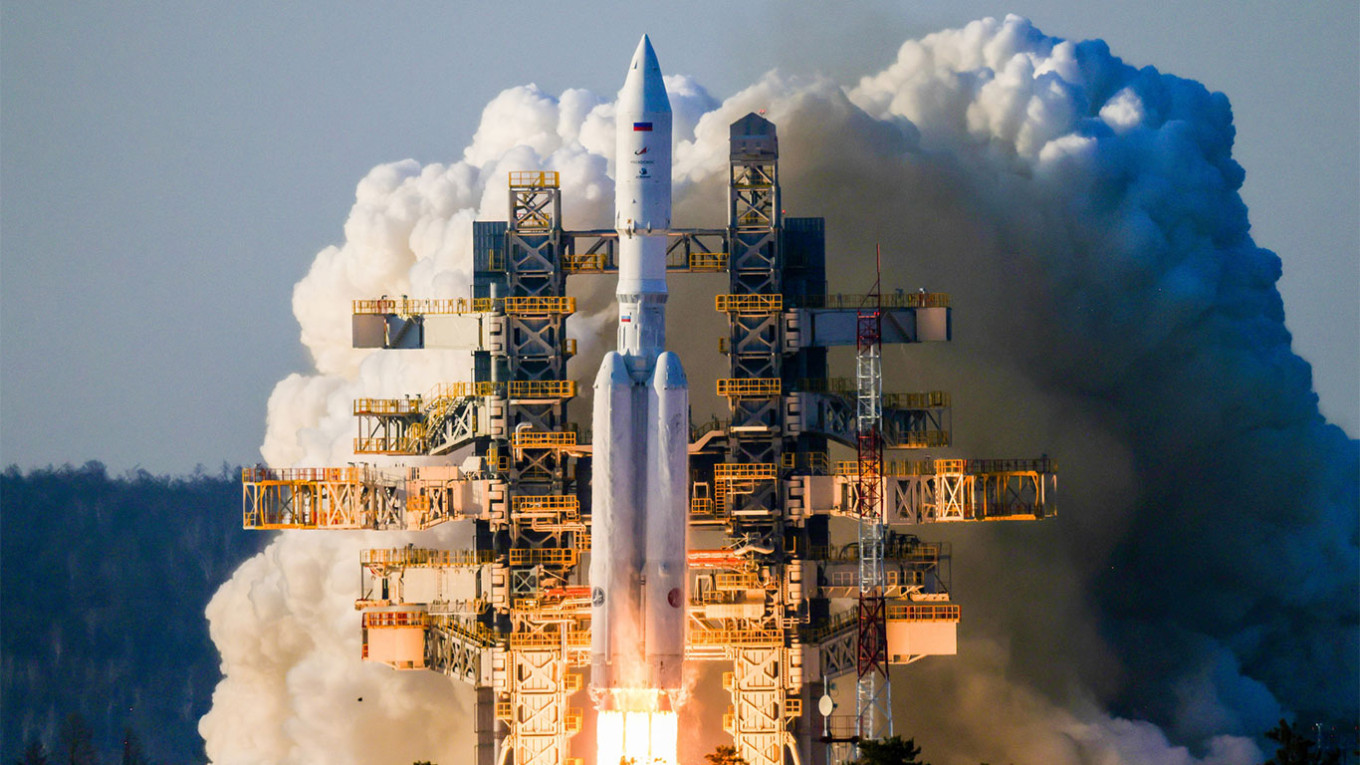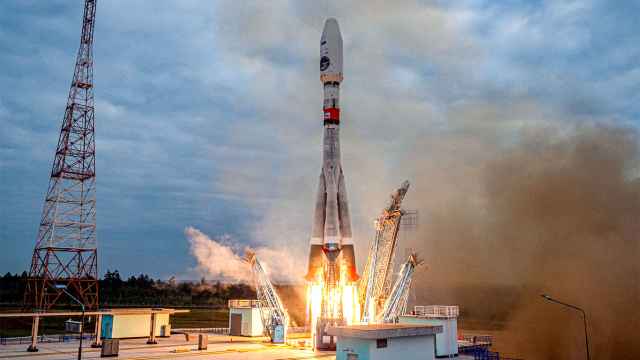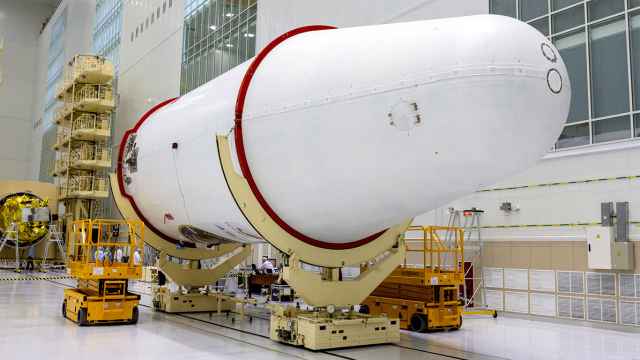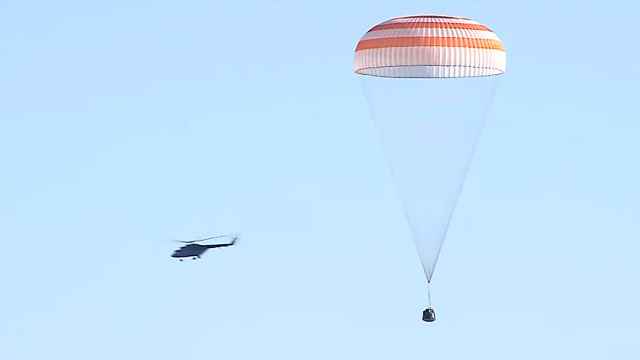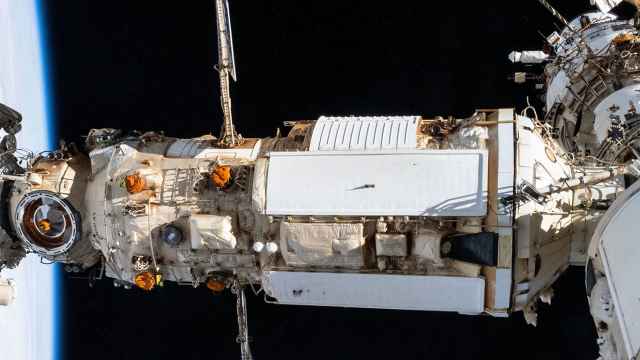Russia successfully launched its Angara A5 space rocket from the Vostochny Cosmodrome on Thursday afternoon after two aborted liftoff attempts earlier this week.
The heavy-lift rocket was initially scheduled for launch on Tuesday at the Amur region spaceport in Far East Russia. Previously, all three Angara A5 launches were based out of northern Russia’s Plesetsk Cosmodrome.
But the first launch attempt was called off due to malfunctions in an oxidizer tank in the rocket’s central power unit, according to Yury Borisov, who heads Russia’s space agency Roscosmos. And on Wednesday, a second liftoff attempt was aborted over a failure in the engine start control system.
Around 12 minutes after Thursday’s successful launch, the Orion upper stage separated from the Angara A5 rocket’s third stage, entered its reference orbit and then sent a test payload into a target orbit.
"The rocket worked according to plan," Roscosmos said in a social media post shortly after the launch. “This launch kicks off flight design tests of the Amur space rocket with Angara heavy-lift launch vehicles at Vostochny.”
President Vladimir Putin has played up Angara’s role in national security, though the project has been plagued by a series of delays and technical setbacks. Roscosmos, meanwhile, has emphasized the rocket’s smaller ecological footprint in areas near launch sites and drop zones because it does not use “aggressive and toxic propellants.”
Commissioned after the dissolution of the Soviet Union over concerns that an independent Ukraine might withhold deliveries of vital components, Angara A5 is intended to succeed Russia’s Proton launcher.
Russia started work on the Angara rocket project to maintain access to space after a deal to lease Baikonur from Kazakhstan expires in 2050. Russia hopes to use the Angara’s cargo capacities to deliver modules for a rival to the ISS that it hopes to construct in the coming years.
Late last month, the launch of a Russian Soyuz MS-25 spacecraft to the International Space Station was postponed at the Baikonur Cosmodrome in Kazakhstan for two days. Roscosmos head Borisov said at the time that a “voltage dip” had occurred in a chemical power source during the final pre-launch preparations.
A Message from The Moscow Times:
Dear readers,
We are facing unprecedented challenges. Russia's Prosecutor General's Office has designated The Moscow Times as an "undesirable" organization, criminalizing our work and putting our staff at risk of prosecution. This follows our earlier unjust labeling as a "foreign agent."
These actions are direct attempts to silence independent journalism in Russia. The authorities claim our work "discredits the decisions of the Russian leadership." We see things differently: we strive to provide accurate, unbiased reporting on Russia.
We, the journalists of The Moscow Times, refuse to be silenced. But to continue our work, we need your help.
Your support, no matter how small, makes a world of difference. If you can, please support us monthly starting from just $2. It's quick to set up, and every contribution makes a significant impact.
By supporting The Moscow Times, you're defending open, independent journalism in the face of repression. Thank you for standing with us.
Remind me later.


